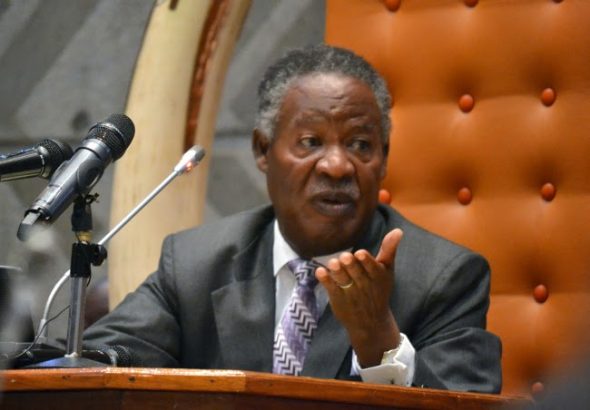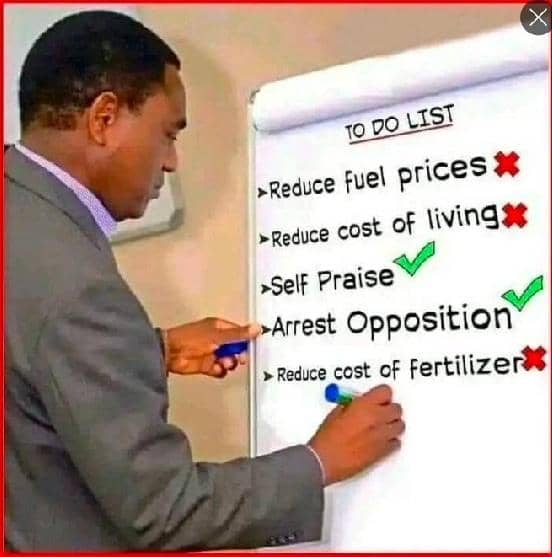
Extroverts without verifiable social economic development ideas take up political leadership roles due to their natural ability to engage in politics of self preservation!
By Mpandashalo Mwewa | Chief Editor.
Lusaka, April 19 – Propaganda is negatively affecting Zambian politics because on average, Critical Thinking is not part of the Zambian economic success equation.
Critical thinking is a kind of thinking in which you question, analyse, interpret, evaluate and make a judgement about what you read, hear, say, or write. The term critical comes from the Greek word kritikos meaning “able to judge or discern”
In the absence of Critical Thinking, political leadership in Zambia tends to be in the hands of talkers and not doers. In the realm of politics, effective communication and public engagement are crucial for success. Empty extroverts are often more naturally inclined towards social media interactions, public speaking, and networking, which are essential skills in the political arena.
However, the quality of political leadership that we need to sustainably develop our nation, the likes of the late Patrick Levy Mwanawasa, often times are introverts, reflective by nature. But they often excel in developing thoughtful and well-researched ideas and policies. They tend to focus on substance over style, emphasizing the importance of detailed plans and strategies for societal development.
Also Read: Africa’s candidate for Secretary General of the International Police is a Zambian!
Sadly, in the context of politics where public perception plays a significant role, the ability to effectively communicate and engage with the masses has proved to overshadow the quality of ideas or policies and this is how Zambia has remained underdeveloped.
When individuals ascend to positions of political authority primarily due to their exceptional communication skills rather than the strength of their social economic development ideas, several challenges can emerge as we have experienced under the new dawn government.
Our overemphasis on unrealistic campaign promises and propaganda at the expense of substantive ideas has resulted in a lack of progressive policy formulation and implementation, as our political leadership is struggling to introduce novel solutions to drive meaningful progress.
Furthermore, the UPND’s reliance on unrealistic superficial pre-election campaign promises has lead to poor decision-making, where decisions are made without a comprehensive understanding of the issues at hand or consideration of long-term implications, but are motivated by the need to be seen to be delivering on their unrealistic pre-election campaign promises.
Should the nation prioritise employing civil servants or should we be creating productivity that should then demand employing workers? Should government be working on how to reduce the price of mealie meal or it should prioritise growing the economy so that citizens can have better take home pay that can buy mealie meal at any cost?
Because our political leadership lacks robust sustainable development ideas, it is encountering difficulties in inspiring and engaging stakeholders in development effectively, be it our cooperating partners at international level or opposition political parties, locally. Without a clear vision and well-founded ideas to guide their actions, they have struggled to foster motivation, direction, and unity, hindering overall performance and growth at household levels.
To mitigate the current leadership challenges, going forward, it is essential for us to understand that politics should not be a self preservation tool but a vehicle for development by adopting a balanced political approach that values both strong communication skills and the quality of ideas and expertise. We must start demanding verifiable explanations as to how politicians would deliver on their promises.
Also Read: Towards a nation of people with independent minds!
By promoting a culture that prioritizes critical thinking, evidence-based decision-making, and a commitment to meaningful change, we can cultivate a political environment where our political leadership possesses the necessary attributes to drive positive outcomes, inspire the nation, and navigate complex social economic development challenges successfully.
In conclusion, while reserved politicians with the needed social economic development ideas, such as Dr. Chitalu Chilufya, bring valuable insights and thoughtful solutions to the table, under the current political dispensation, it is empty heads without such ideas who have an advantage to win elections, due to their ability to effectively engage with the public, and navigate the challenges of the current political landscape that thrives on propaganda, using the message that the general public wishes to hear.
Also Read: The Health Sector in Zambia will never be the same because of Dr. Chitalu Chilufya.
About Our Advocacy: Woodpecker’s Digest is an online portal for news analyses and commentaries on topical issues of national interest and for articles on personal development and health! Journalism maintains democracy. It is a great tool for progressive social change!
©2024 Woodpecker’s Digest.
Putting news into perspective







